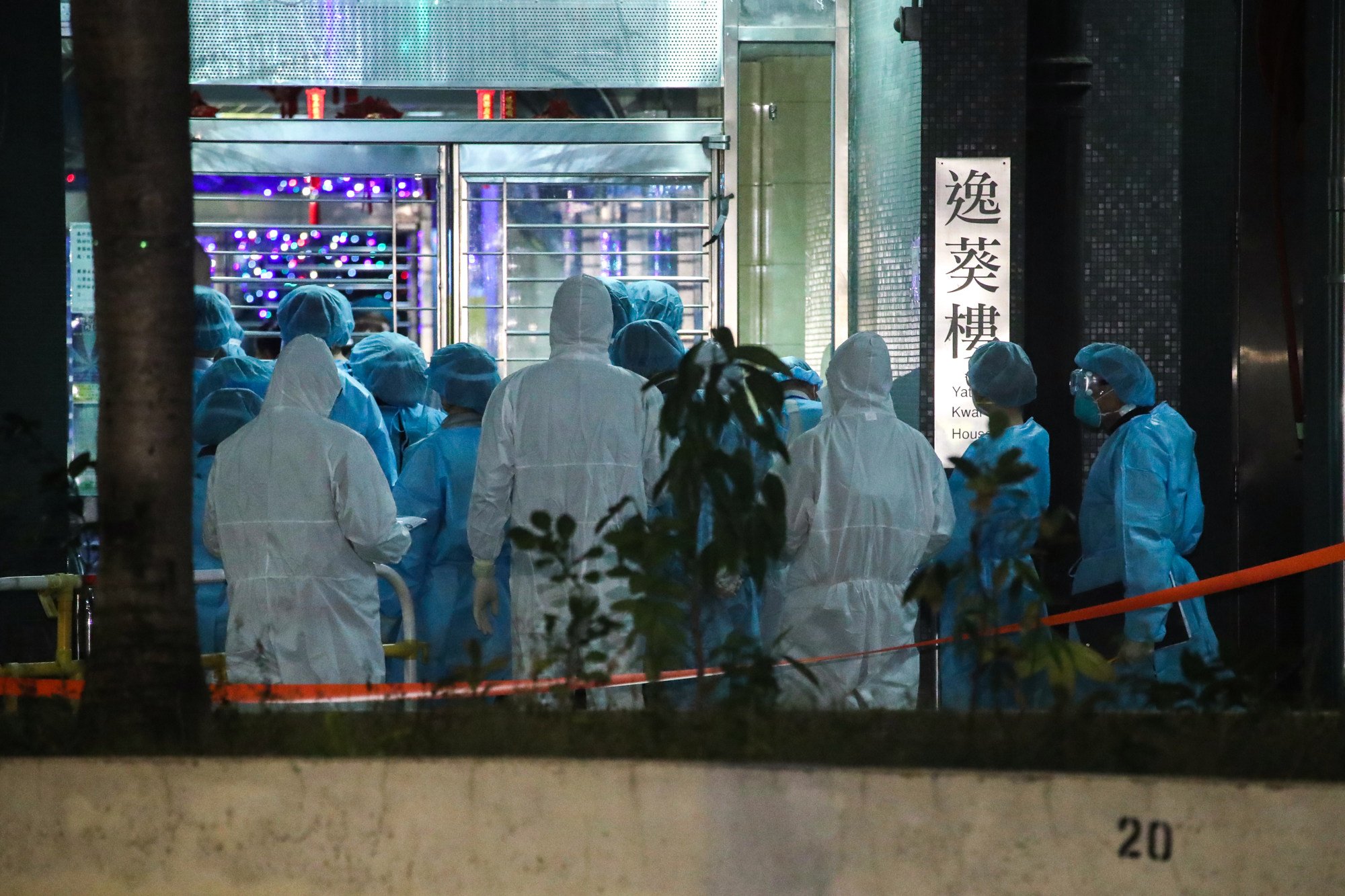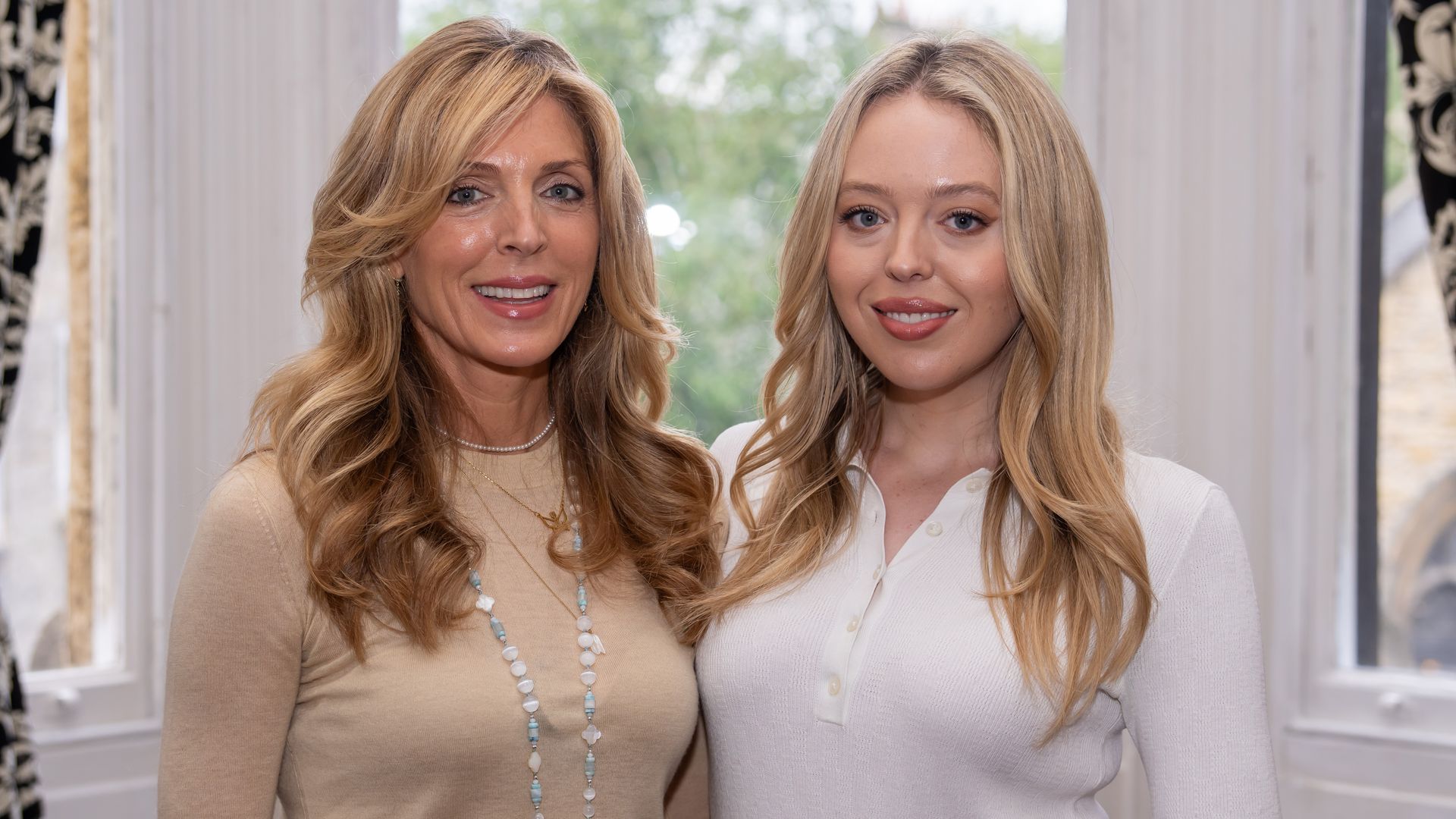Safety concerns behind Hong Kong’s abandonment of AstraZeneca’s Covid-19 vaccines, says new book

In 2020, British-Swedish pharmaceutical giant AstraZeneca was among the first three companies with which the Hong Kong government signed a procurement contract for Covid-19 vaccines.
In addition to the 7.5 million vaccine doses that the authorities ordered from AstraZeneca, another 7.5 million vaccine doses were procured from mainland Chinese company Sinovac and the same amount from Fosun Pharma, which distributed the German-made BioNTech doses.
Yuen revealed in his book that there was resistance from government advisory experts to the use of the AstraZeneca vaccine due to reported side effects.
In addition to the side effect of transverse myelitis, an inflammation of part of the spinal cord, there were also reports of venous calcification abroad as part of a phase 3 study for the vaccine.
“The government ultimately decided against using AstraZeneca because of safety concerns based on reports of deaths in young people due to thrombosis or vein constriction in the brain and limbs,” Yuen wrote.
Although Yuen acknowledged that the complication is rare and that the benefits of vaccination far outweigh the risk of Covid-19, he and other experts maintained their stance against the use of the shots.
In October 2021, nearly eight months after the city’s Covid-19 vaccination program began, the government announced that it would donate the 7.5 million doses of the AstraZeneca vaccine to the Covax Facility, a United Nations-backed international initiative to distribute vaccines to developing countries.
However, the government only stated that the donation was due to the sufficient quantity of vaccines from Sinovac and BioNTech, which could continue to provide the city with a stable supply of vaccines. However, the government did not cite safety concerns about the AstraZeneca vaccines.
Earlier this year, health officials said they were concerned about safety reports on the vaccine and had asked the drugmaker to pause its deliveries, but they maintained adequate supply was the main reason for the donation.
“The people of Hong Kong have been very fortunate to enjoy the luxury of an oversupply of different types of vaccines and the freedom of choice,” Yuen wrote.
The infectious disease expert also recalled his inspection of the Yat Kwai House social housing block, Kwai Chung Estate, in January 2022, calling it “unforgettable.”
This inspection was among about 30 inspections he conducted during the pandemic at various locations – such as restaurants, fitness clubs and residential buildings – where outbreaks were reported.
After their on-site investigation, Yuen and officials from the Center for Health Protection believed that all residents of Yat Kwai House should be placed under home quarantine as more and more people became infected and the virus began to spread.

The day after the inspection, the government initially only required residents to undergo mandatory testing for three consecutive days because “government authorities were unwilling to provide home quarantine support and services,” Yuen wrote.
But that same day, the authorities changed their stance and imposed a five-day curfew, during which residents were tested daily.
In a separate comment, Yuen also revealed that he faced the “most threatening” event of his career in 2021 when an anonymous complaint against him was received by the Medical Council, a regulatory body that determines whether a doctor is fit to practice his profession.
At the heart of the lawsuit against Yuen was his interview with a foreign media outlet in which he was accused of “defamatory, unethical and unprofessional conduct” for allegedly implying that “the Chinese government deliberately covered up the Covid-19 outbreak.”
The indictment also said Yuen was not allowed to use the term “crime scene” to describe a market in Wuhan that was considered the origin of the outbreak.
A few months after Yuen submitted his response to the complaint, the Council finally decided not to pursue the matter further.
Yuen had previously stated that he would speak out on issues that needed to be addressed, and this was reflected in his response to the Council, which is also included in the book.
“I have always believed that speaking the truth will benefit society in the fight against disease outbreaks now and in the future,” he wrote in the letter.

)